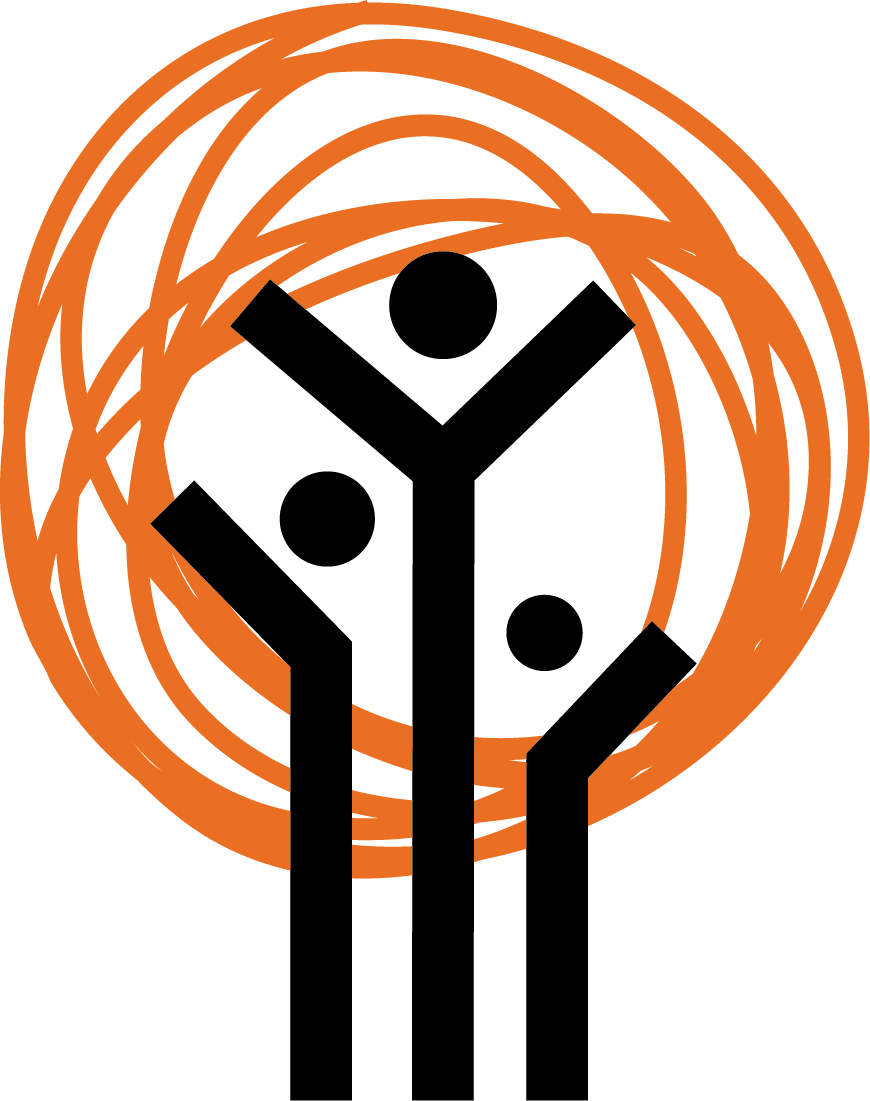SAFE AND SOUND PROTOCOL (SSP): A PORTAL TO SOCIAL ENGAGEMENT
Emotional and physiological state are critical to how we approach the task at hand. So when a client has better state control, not only can they be more socially engaged, they are more open to therapy. Better state regulation improves therapeutic outcomes.
This non-invasive intervention involves listening to music that has been processed specifically to retune the nervous system (regulating state) to introduce a sense of safety and the ability to socially engage.
This allows the client to better interpret not only human speech, but, importantly, the emotional meaning of language. Once interpersonal interactions improve, spontaneous social behaviors and an enhanced ability to learn, self-regulate and engage are often seen. The SSP is available to professionals only – please see training information below.
WHAT IS THE SSP?
Developed by Dr. Stephen Porges, the SSP is a five-day intervention designed to reduce stress and auditory sensitivity while enhancing social engagement and resilience. By calming the physiological and emotional state, the door is opened for improved communication and more successful therapy.
Research-based therapy showing significant results in just five days in the following areas:
Social and emotional difficulties
Auditory sensitivities
Anxiety and trauma related challenges
Inattention
Stressors that impact social engagement
HIGHLIGHTS
Effective:
Calms the emotional and physiological state by improving vagal regulation of the heart and improving auditory functions
Addresses difficulties in social communication
Flexible:
One hour of vocal music per day for five consecutive days, may be implemented in 30-minute segments
May be implemented by clinician, assistant, caregiver or self-administered in clinic or home
Efficient:
Quick and easy to administer
Accelerates subsequent therapies
HOW DOES IT WORK?
Based on Dr. Porges’ Polyvagal Theory, the program is derived from nearly four decades of research on the relationship between the autonomic nervous system and social-emotional processes. It is designed to stimulate nervous system regulation by exercising and systematically challenging the auditory system with specifically processed music.
The music trains the auditory pathways by focusing on the frequency envelope of human speech. As the client learns to process these speech-related frequencies, they improve the functioning of two cranial nerves that are important for promoting overall social behavior. Cranial Nerve VII (Facial Nerve) helps clients focus on human voice and tune out irrelevant frequencies. Cranial Nerve X (Vagus Nerve) enables self-soothing and autonomic regulation.
Following successful completion of the intervention, individuals will be better able to focus in school, therapy, and everyday life and experience a calmed emotional and physiological state. This is based on studies that suggest that skills such as attention, state regulation and the ability to engage socially will be enhanced.
To learn about client experiences and read the research please continue onto the iLS WEBSITE
For bookings or more information please contact Lorene at lorene@theconnection.co.nz
